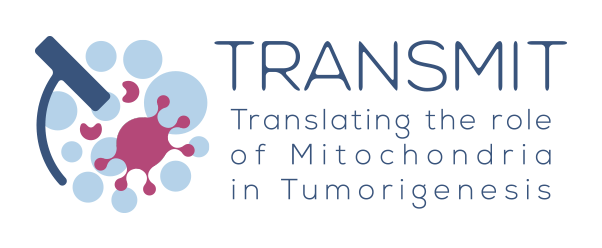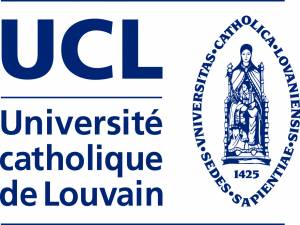Targeting mtROS to prevent cancer metastasis (ESR 10)
Project Description
1) Job description: The PhD student will conduct experimental research in the field of tumor metabolism. He/she will lead his/her own research program under the direction of Prof. Pierre Sonveaux and the direct supervision of a post-doc, with the assistance of a lab technician.
2) Job description: In primary tumors, natural selection is known to foster the emergence of metastatic progenitor cells. Because its thorough understanding could ultimately be translated in treatments aimed to prevent metastasis, the metastatic switch is the subject of intense investigation. In previous work, we tested whether mitochondrial metabolism could promote tumor metastasis. We identified two different metabolic alterations, a TCA cycle overload and bottlenecking of the mitochondrial electron transport chain (ETC), which trigger tumor cell migration, invasion, clonogenicity, metastatic take and, overall, spontaneous metastasis (Porporato PE et al., Cell Reports 2014;8:754-766). We further found that these pro-metastatic phenotypic features are primarily conferred by an enhanced mitochondrial production of mtROS in both systems, and can be countered with mitochondria-targeted ROS scavengers. For the open position, using our well established models, the PhD student will aim to identify the exact nature of mtROS promoting tumor metastasis, their molecular origin and the signaling pathways by which altered mitochondria drive the metastatic process. The combination of specific sensors, scavengers, antioxidants and RNA interference will allow him/her to discriminate specific activities of superoxide from that of H2O2. Mitochondrial dysfunctions will be traced back to mtDNA and ETC complexes abnormalities. Altered expression/activity of specific enzymes and proteins known to regulate TCA cycle and the coupling between ETC activity and ATP synthesis will be investigated. Finally, based on early evidence indicating that focal adhesion kinase (FAK) family member Pyk2 executes at least in part the metastatic program triggered by mtROS, the PhD student will further characterize the activation of the mtROS-FAK axis in metastatic cancer cells, its inhibition by mtROS scavengers, and the consequences of its inhibition on the metastatic program in vitro and in vivo.
Principal Investigator: Prof. Pierre Sonveaux
ESR 10: Luca Zampieri
Key personnel:
Marine Blackman, PhD student, Télévie fellow
Thibaut Vazeille, laboratory technician
Loïc Hamelin, laboratory technician
Emmanuel Vandenhooft, laboratory technician


